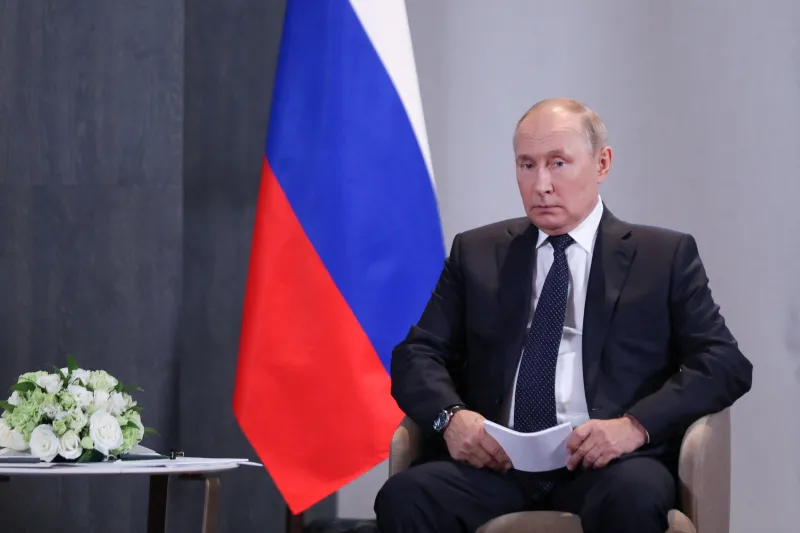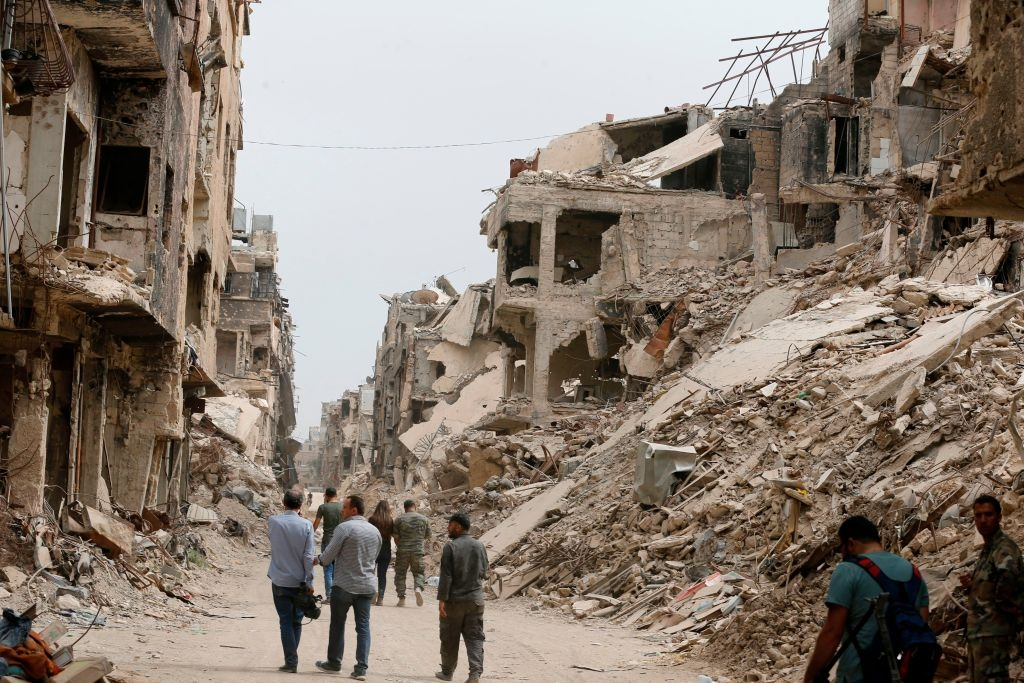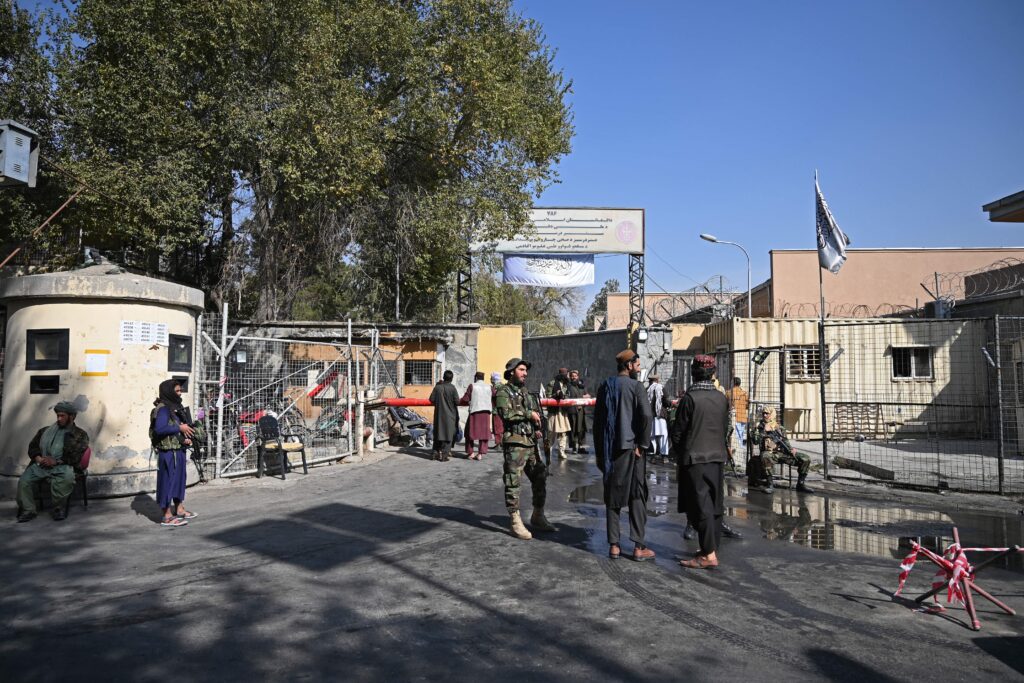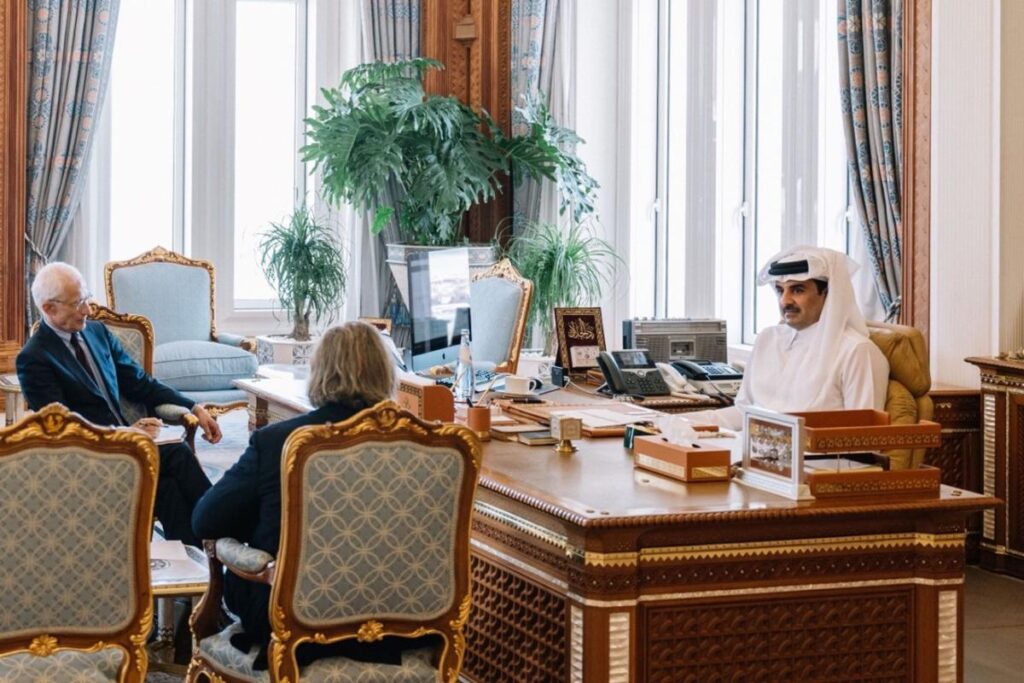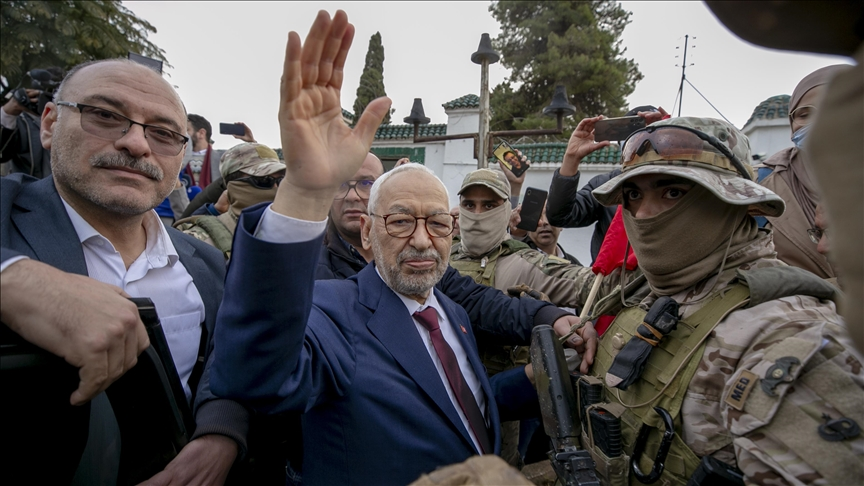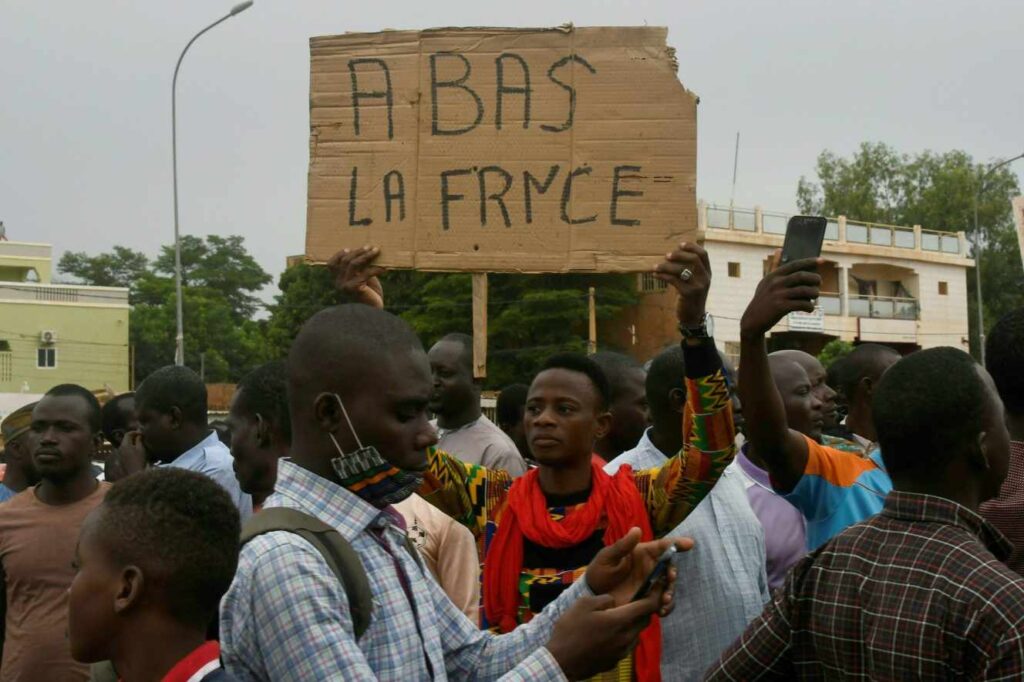The Alternate History of China
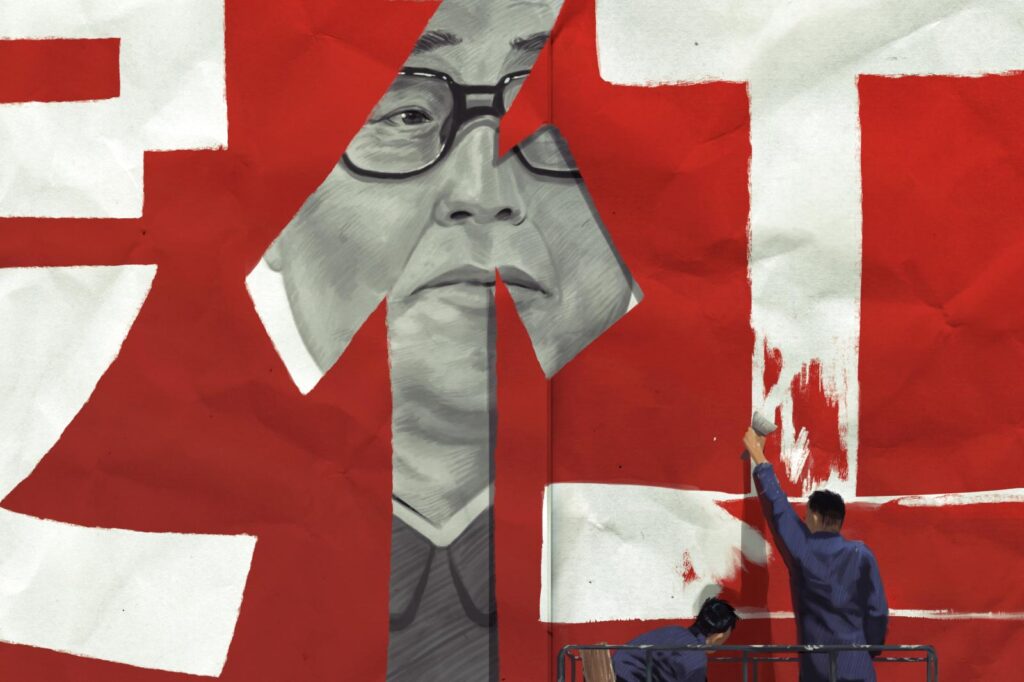
Could Beijing Have Taken a Different Path?
On a visit to China in the summer of 1988, I encountered a widespread sense of drift and despair. The official inflation rate at 18.5 percent, and the actual rate was probably higher. State statistics said that 21 percent of urban workers had suffered a decline in living standards. In big cities, residents needed to routinely pay bribes if they wanted phone lines, electricity service, mail deliveries, or medical attention. Intellectuals were criticizing China’s political leaders, its political system, and even its national culture and national character. “Nineteen-eighty-eight ushered in a season of discontent that is perhaps unique in China’s post-revolutionary history,” I wrote in an article published later that year.

